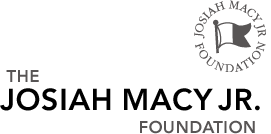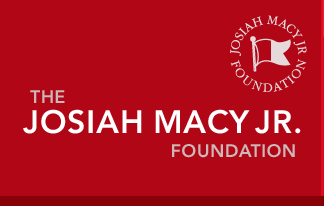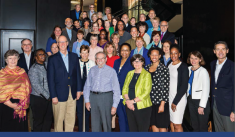Our Grantees
Across the Foundation’s priority areas, our grantees are working to improve the health of the public through innovative research and programs. The Foundation awards up to 40 grants on a rotating schedule each year.
Fellowship in Interprofessional Learning
The goal of this program, when completely implemented, is to create healthcare professionals who have achieved the full spectrum of competencies needed to deliver the highest quality and safest care to their patients. Three milestone reports from the Institute of Medicine (To Err is Human, 1999; Crossing the Quality Chasm, 2001; Health Profession Education: A Bridge to Quality, 2003) outline the magnitude of quality and safety problems in healthcare delivery and support the notion that members of highly functional interprofessional teams must acquire specific competencies that are not usually included in traditional health professions curricula. These messages are echoed by many other healthcare and health education organizations, including the Josiah Macy, Jr. Foundation, the Institute for Healthcare Improvement, the Association of American Medical Colleges, the American Association of Colleges of Nursing, and the Lucian Leape Institute. In addition, the increasing complexity of healthcare delivery and the overwhelming body of healthcare knowledge create real urgency around the need for providers to develop continuous learning skills and for systems to develop supporting learning technologies.
The success of IPL programs has been hampered by such seemingly complex issues as the social and cultural assumptions held about and within the individual professions and such seemingly mundane issues as the coordination of calendars and schedules. Researchers at Vanderbilt have developed a model based on the hypotheses that new learners will have not yet assimilated the cultural assumptions of their individual professions; and that logistical obstacles can be overcome by institutional will.
The foundational principles on which the model is based are:
- Learning should be competency- based and embedded in the workplace.
- It should be linked to patient needs and undertaken by individual providers, by teams and by institutions.
- All learners work and all workers learn. The delivery sites that provide and coordinate health care needs for patients, should also be learning homes which provide and coordinate educational needs for learners along the continuum.
- A robust informatics infrastructure should support this learning environment.
- Continuing education professionals can provide the needed coaching for the development and implementation of appropriate learning plans.
- Learning outcomes and healthcare outcomes will be directly linked when learning is situated in the healthcare delivery environment.
- Health professionals should be trained in this model from the start of the educational process.




 11.13.18
11.13.18